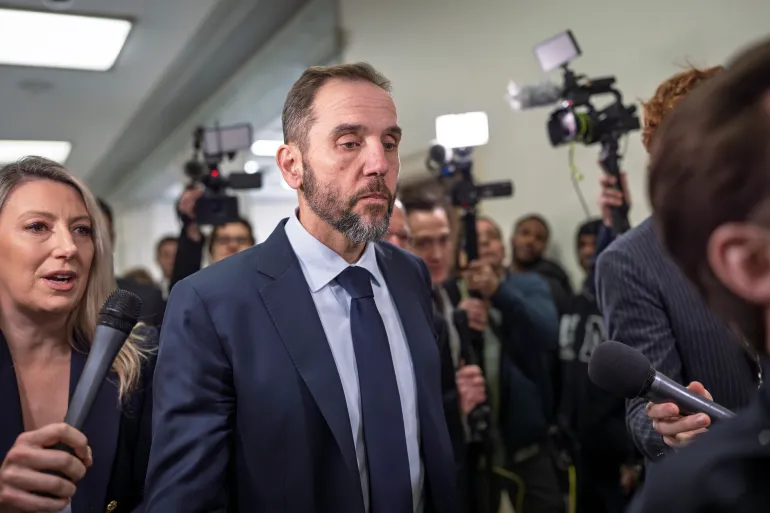The recent workforce reductions and operational freeze at the Consumer Financial Protection Bureau (CFPB) have raised concerns about the agency’s future role in financial regulation.
Julie Margetta Morgan, the former associate director of research, monitoring, and regulations at the CFPB, has voiced strong concerns about the impact of these changes, warning that they could weaken protections for American consumers.
Margetta Morgan, who served at the CFPB from 2022 until early 2025, highlighted the significance of the agency’s work in protecting consumers from financial fraud and misconduct. Following recent executive orders from the Trump administration, a large number of CFPB employees—many still in their probationary period—were abruptly dismissed. Additionally, the administration issued a stop-work order that has effectively halted the agency’s oversight activities.
According to sources and termination notices reviewed by Reuters, the layoffs have extended beyond probationary employees, now including term employees on full-time contracts. The Office of Management and Budget (OMB), which oversees the CFPB under Acting Director Russell Vought, has not provided further clarification on the number of employees affected.
The CFPB has played a crucial role in ensuring that financial institutions adhere to consumer protection laws, returning approximately $21 billion to consumers since its inception. The agency has historically focused on issues such as predatory lending, debt collection practices, and credit reporting accuracy. With its activities now suspended, there are growing concerns that financial institutions may face reduced scrutiny, potentially leading to increased risks for consumers.
Margetta Morgan pointed to the growing influence of technology companies in financial services as another area of concern. Companies like Apple, Google, and X (formerly Twitter) have been expanding their financial operations, offering payment systems and other banking-related services. She suggested that the recent CFPB changes could benefit tech executives, including Elon Musk, by reducing regulatory oversight over their financial ventures.
Critics argue that the workforce cuts and regulatory freeze could make consumers more vulnerable to financial fraud and predatory practices. While the Trump administration has justified the changes as part of a broader effort to reduce the size of government, opponents claim the moves could disproportionately impact ordinary consumers, including seniors, service members, and young borrowers.
Legal challenges to the administration’s actions are expected, as some experts believe the directives may conflict with existing consumer protection laws. Margetta Morgan emphasized that the CFPB’s ability to enforce regulations is vital to maintaining fairness in the financial sector and expressed confidence that efforts to challenge the cuts will intensify in the coming months.
With input from the Washington Post and Reuters.










The latest news in your social feeds
Subscribe to our social media platforms to stay tuned